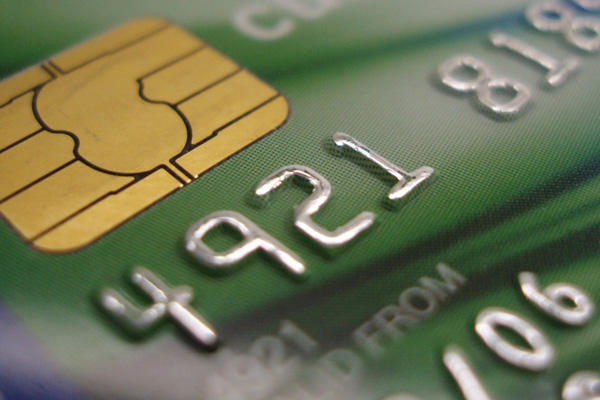It can be quite flattering when your credit card company sends you a notification in the mail saying you are eligible for a credit line increase. Obviously, the company thinks you're doing a great job managing your credit card — or, at the very least, you're paying the minimum balance. However, before you get too flattered by your credit card company's approval of a higher spending limit, figure out if it's the right decision for your finances.
Getting a higher credit limit can give you more spending power and can also increase your credit score. But for the many benefits of a higher limit, there are several dangers to be aware of, too.
Related: When's the Right Time to Increase Your Credit Limit
1. You'll Have a Higher Chance of Debt
Higher credit card spending limits lure many people into a false sense of security. It can be easy to spend more or to make bigger, pricier purchases, knowing that you have the credit line to pay for them. Overspending or just purchasing one big item that you cannot afford can suck you into an endless debt cycle. It can be difficult to pay off a large credit card debt when high interest rates keep bumping up the cost. Instead of trying to have more restraint and self-control in spending, eliminate the temptation altogether by maintaining a low line of credit.
2. You'll Ignore Better Promotions
Just because a credit card offers you a high spending limit doesn't mean it's the best product for you. Your spending limit is just one factor in figuring out the best credit card for your finances.
If you're in the market for a new card, look for one with lower interest rates, no annual fees, sign-up promotions and cash back, and bonus points rewarding you for everyday use. Credit cards don't have to automatically mean being stuck in debt for life. Instead, when used responsibly, you can benefit from your spending, earning cash back or other rewards, such as free hotel stays or discounted flights.
3. Limited Loan Availability
Being considered a “high-limit borrower” affects how you qualify for mortgage and car loans. Even if you have no debt, a bank might look at high interest credit cards as a liability — it doesn't want you to take out a mortgage and then pile on credit card debt afterward.
4. Someone Else Could Rack Up Debt
One card you don't want higher spending limits on is a joint card that you share with a minor. It's important to teach children that credit cards are a useful financial tool — not an unlimited source of free money. To enforce this, it's just safer to have a joint card with the lowest credit line possible to prevent overspending on your teen's part.
How to Decline Your Credit Line Increase
Credit card companies increase your credit line two different ways. Some companies will send you a letter in the mail saying you are eligible, but you'll still have to call in and approve the raise. In this case, you can simply ignore the letters and your credit line should remain the same.
Other companies will automatically raise your credit limit and then send you a notification about it after the fact. You have the right to call the credit card company and ask it to reverse the increase. The downside of this, of course, is you will be raising your credit utilization ratio, which could hurt your credit score. But if this move will keep you from overspending, it might be worth the ding.
This article was contributed by Ashley Eneriz of GOBankingRates.com, a leading portal for personal finance news and features, offering visitors the latest information on everything from strategies on saving money to getting out of debt.













